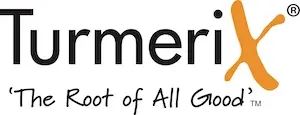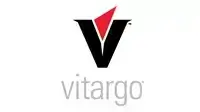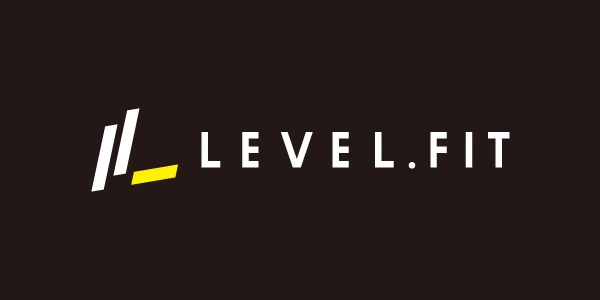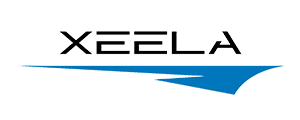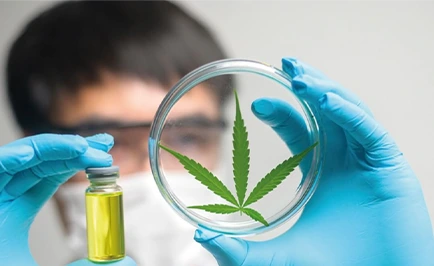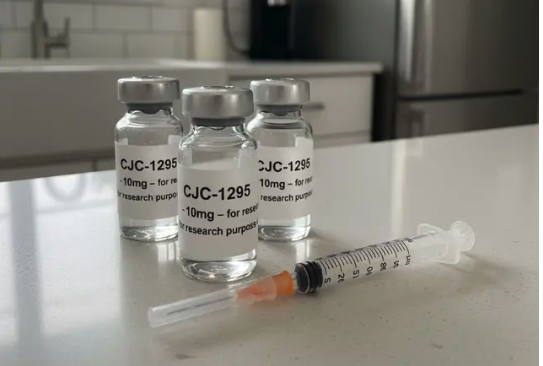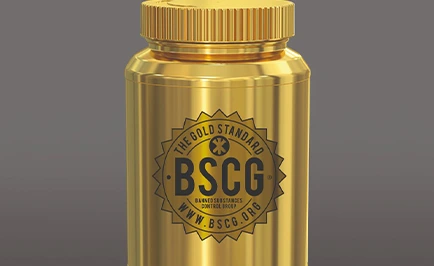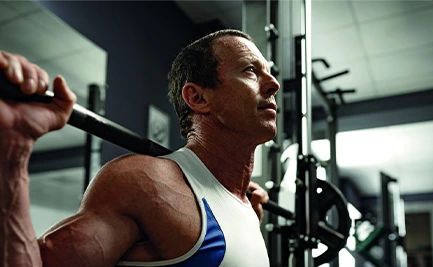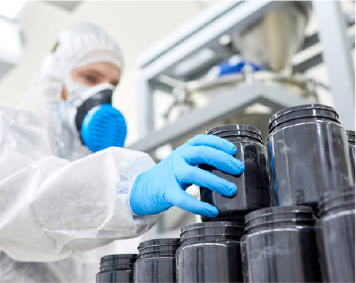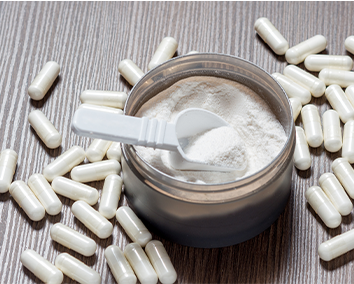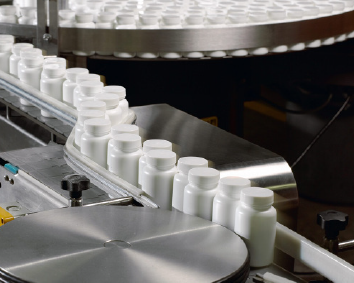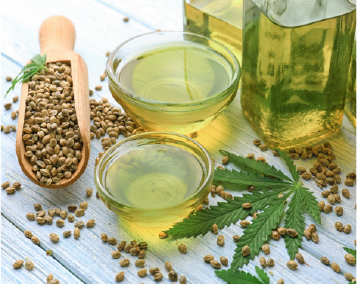CBD Causes Georgia Police Chief To Fail Drug Test
Nov 28, 2023
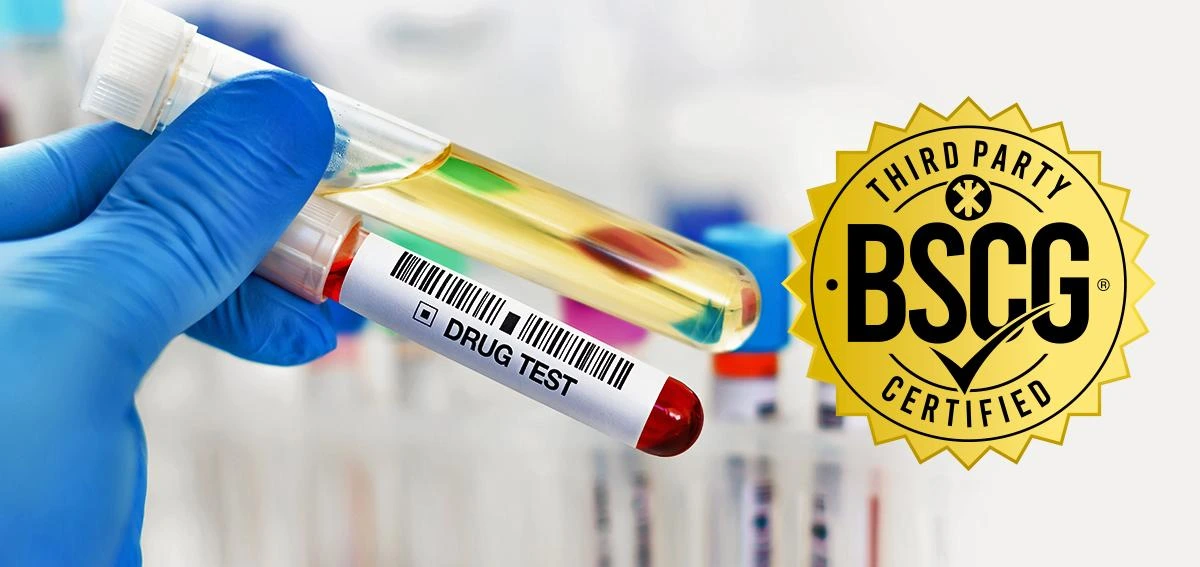
CBD Causes Georgia Police Chief To Fail Drug Test
Imagine you rely on CBD to unwind after tackling one of the most demanding jobs in the world. It helps ease your pain, promotes restful sleep, and soothes anxiety. Now, picture facing the shock of failing a drug test and in a job where it's your responsibility to combat drugs on the streets! This is the reality of a Georgia police chief who recently found himself at the intersection of CBD and a complex drug testing system.
The Shocking Test Result
Police Chief Thomas Barnes has had an exemplary 30-year career in law enforcement. After passing over 150 random drug screenings in his three-decade law enforcement career, he tested positive for the psychoactive chemical THC found in cannabis in a random drug test in September 2020. Barnes has firmly denied using marijuana or THC, attributing the result to using legal CBD oil to manage arthritic pain in his arthritic shoulder. In an affidavit and polygraph exam, Barnes said he’d never used marijuana
A Warning Too Late
Georgia's CBD industry has witnessed significant growth since the 2018 farm bill removed restrictions on hemp which is high in CBD but low in THC (less than 0.3%). Many CBD brands aim to remove THC during the manufacturing process, but some CBD products may contain too much THC and could put first responders or other drug tested professionals at risk of testing positive. This quality control concern is a major challenge facing the evolving CBD product market. This summer, the Georgia Peace Officers Standards and Training Council (POST) council issued a statement warning law enforcement about positive drug tests linked to CBD use. Unfortunately, it came too late for Thomas Barnes. His case highlights the challenges in creating a consumer product category like CBD that has the potential to contain illegal chemicals included in drug testing programs like THC.
Regulating an Expanding Industry
As the CBD industry expands, state lawmakers are considering regulations to address the complexities law enforcement and consumers face when seeking the relief promised by CBD but wanting to avoid the risk of positive drug tests from THC or its psychoactive effects. Third-party certification is a solution that enables CBD brands to showcase product safety to drug-tested consumers while offering protection to downstream consumers from THC related issues. The unique BSCG Certified CBD program is a rigorous third-party certification program that includes testing to verify THC levels are limited for drug testing protection, but it does a lot more than that. Every lot is tested for more than 500 banned substances included in sport, first responder, or military drug testing and CBD claims and THC limits are verified with a cannabinoid testing panel. Every tenth lot is tested for environmental contaminants to ensure no such harmful agents are present. The Certified CBD program ensures athletes, first responders, and consumers have access to premium quality CBD products. The case of Thomas Barnes reminds us of the importance of clear guidelines and regulations in navigating the expanding world of CBD and its implications on drug testing. CBD products present a complex landscape that requires careful consideration, the BSCG Certified CBD program makes it easy.
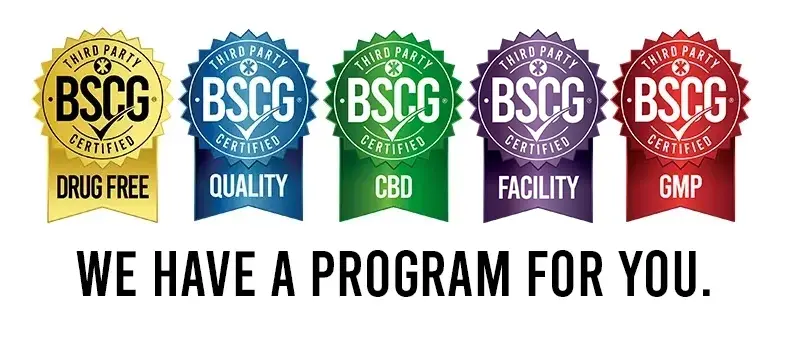


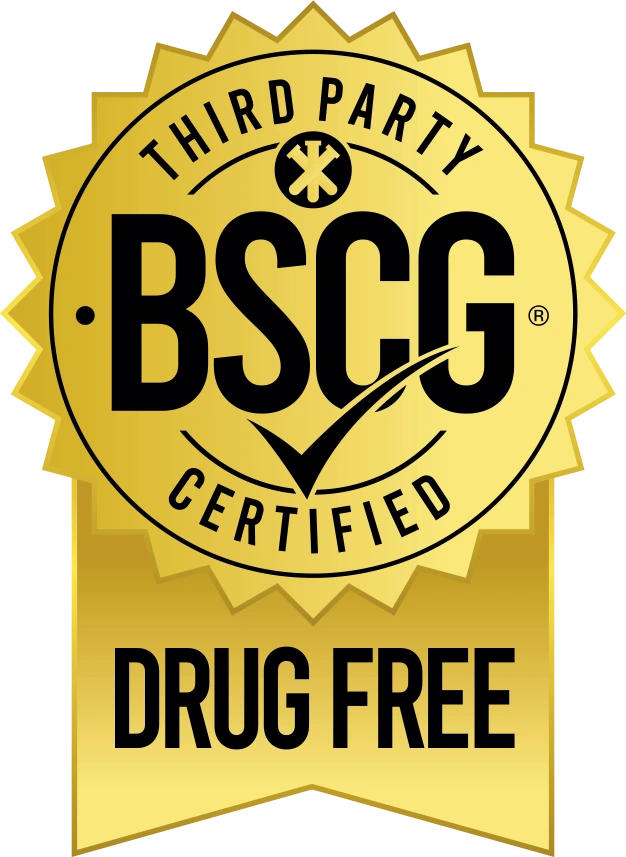
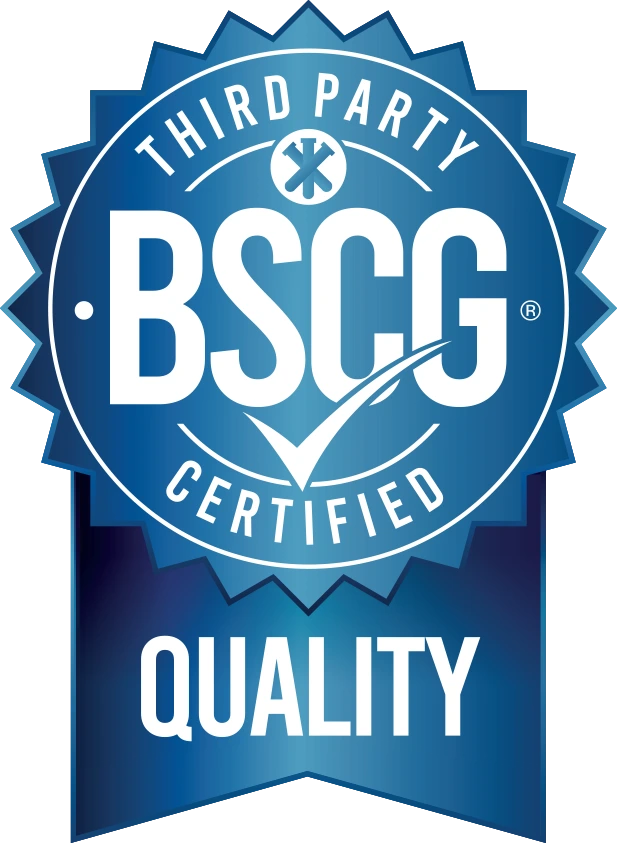
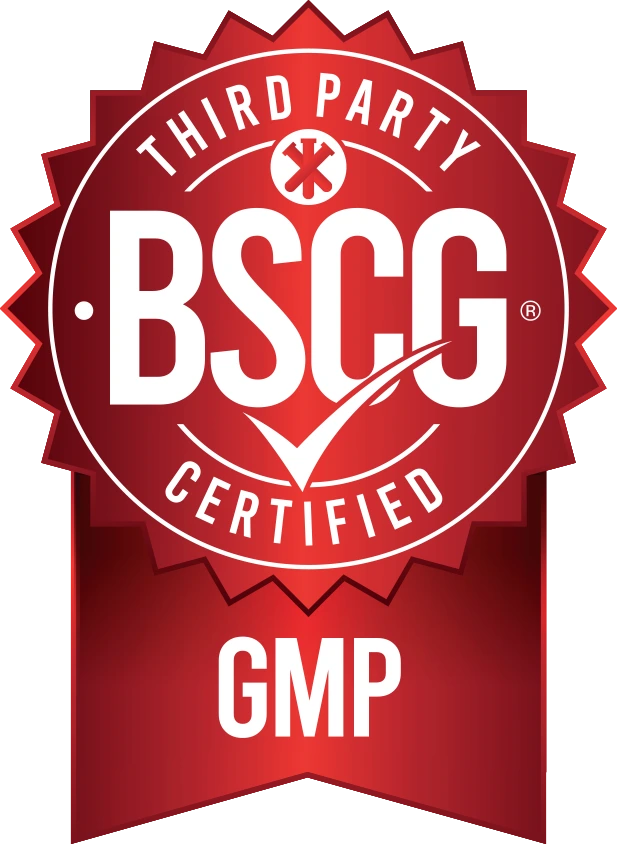
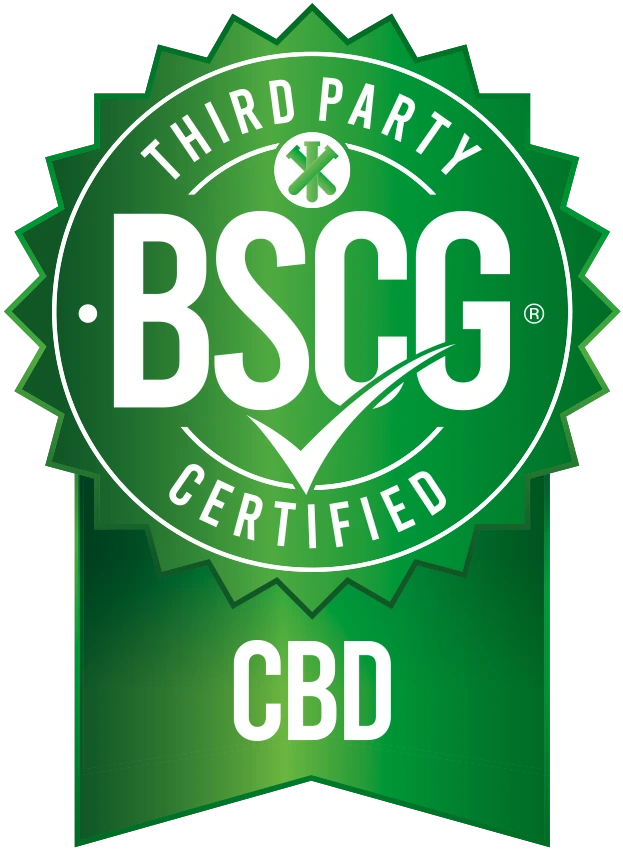
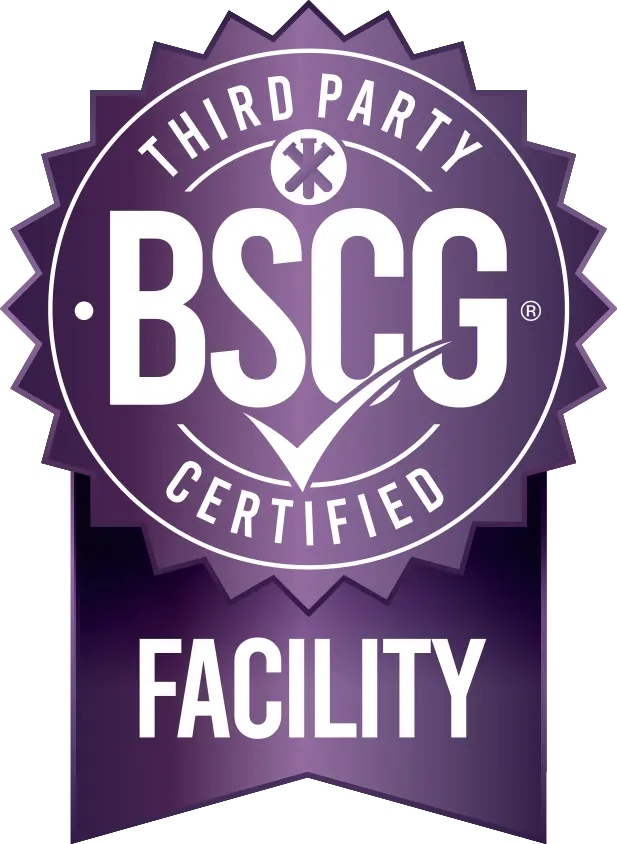


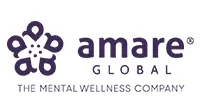
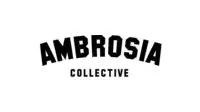
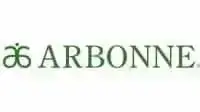
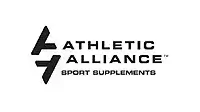
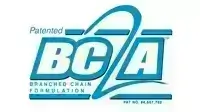
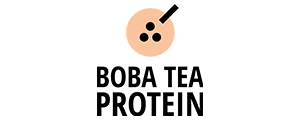
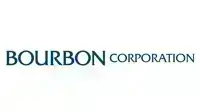
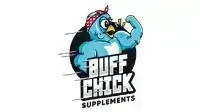
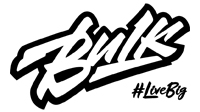

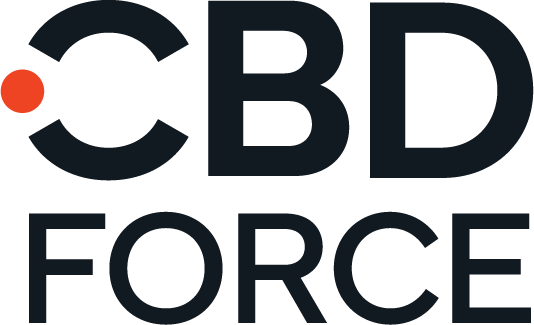
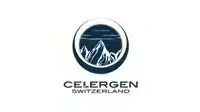
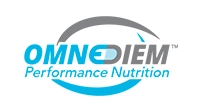
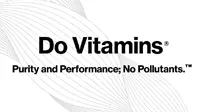
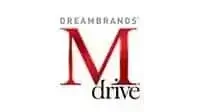
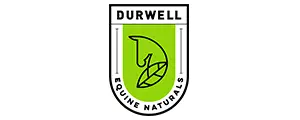

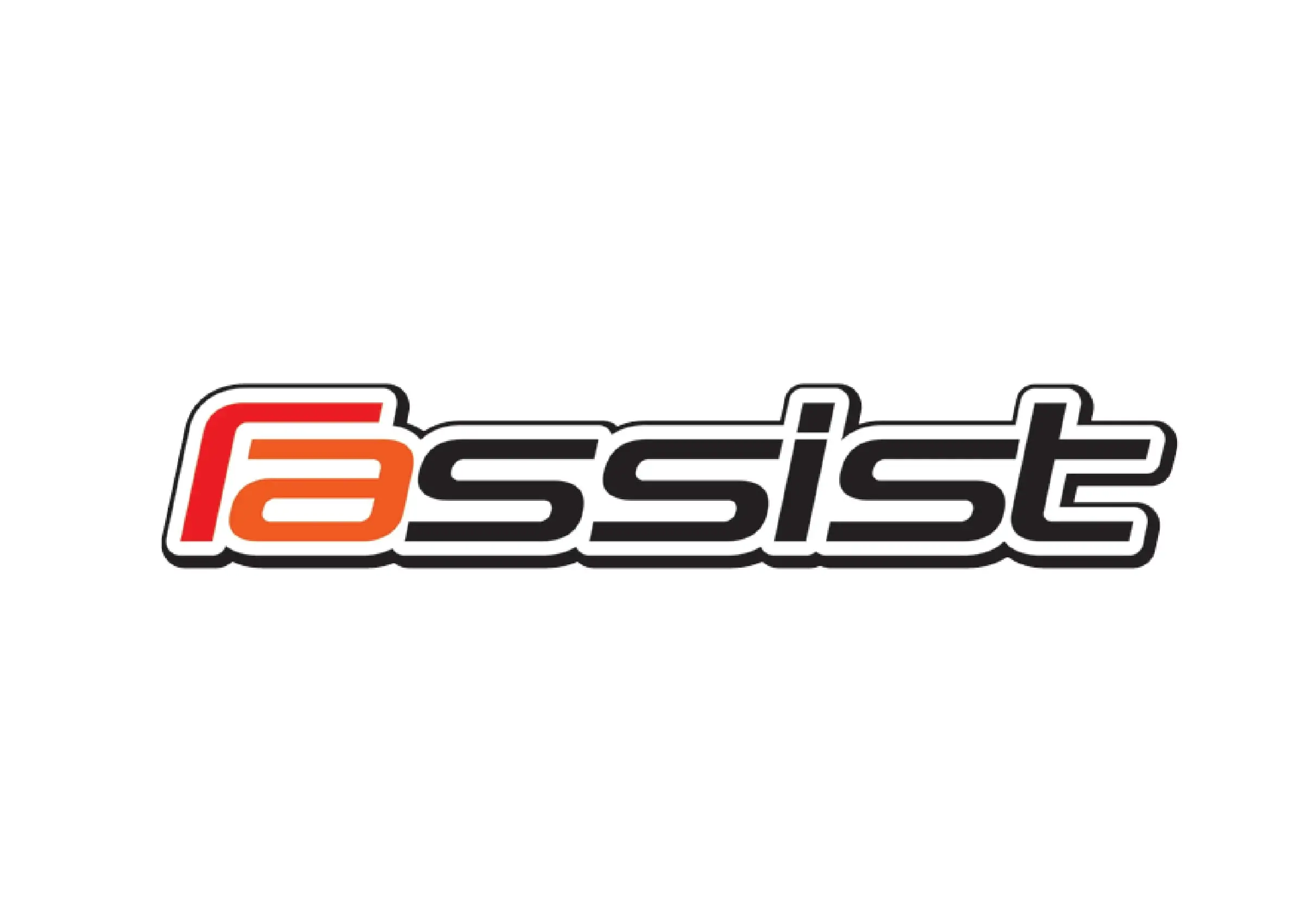
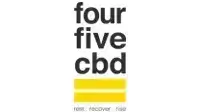
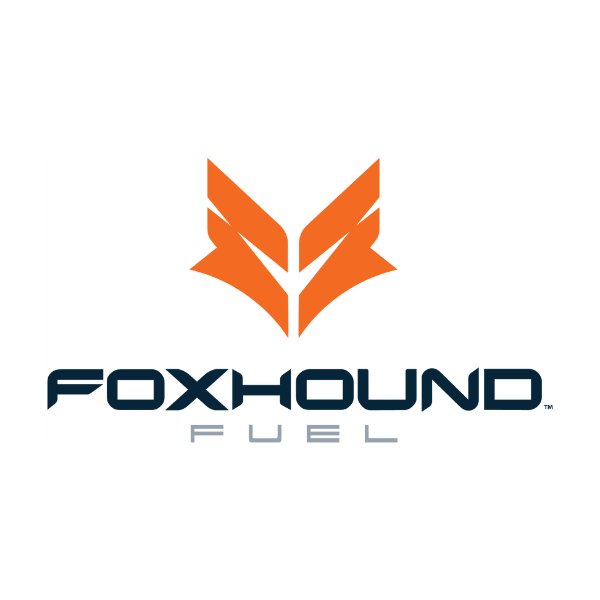
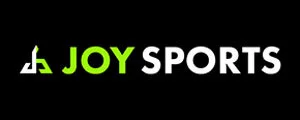
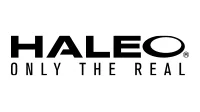

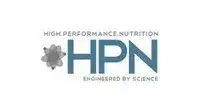
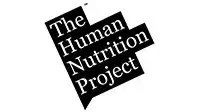
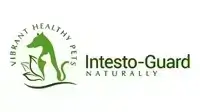
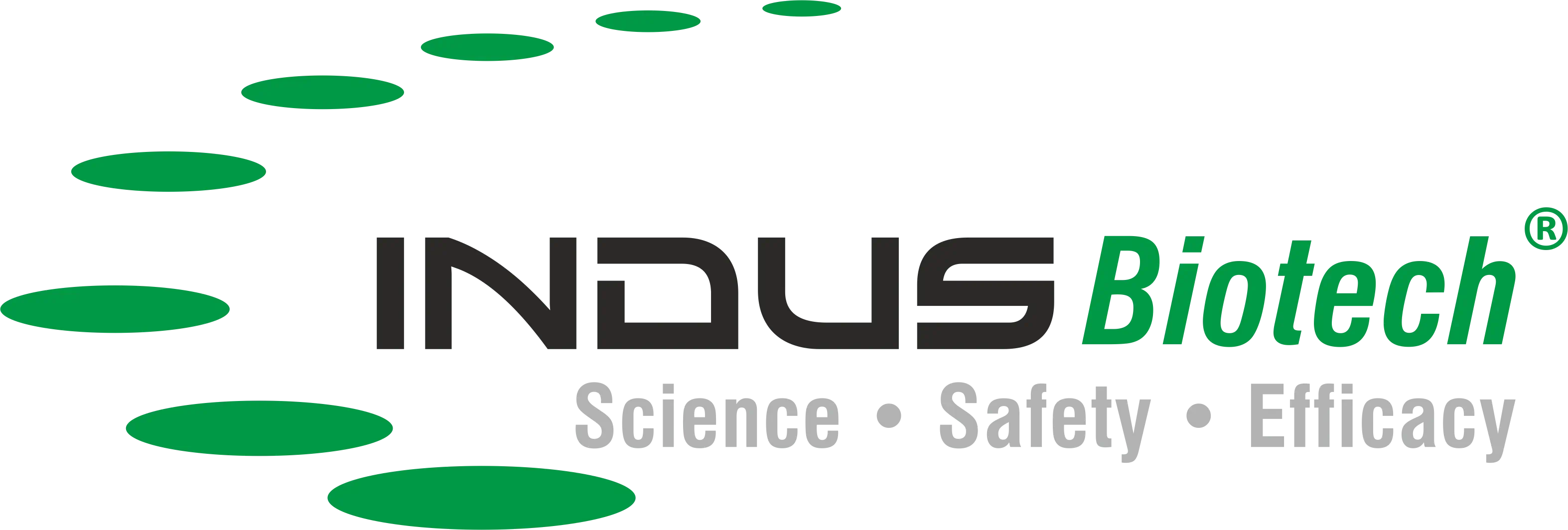
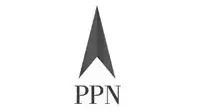

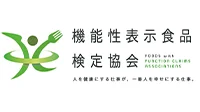

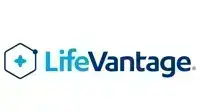




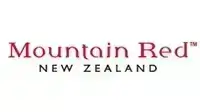
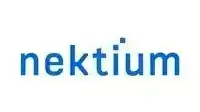

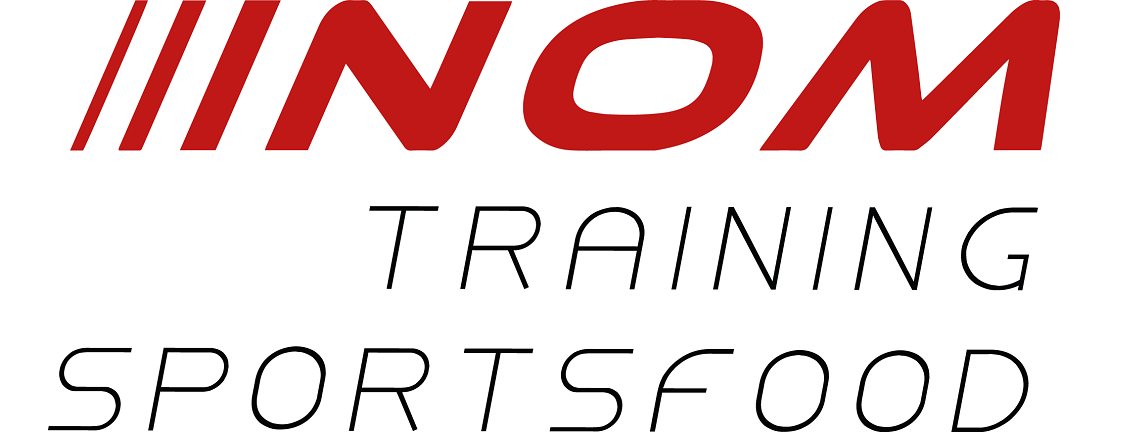
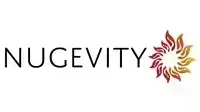
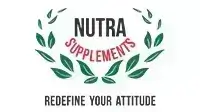
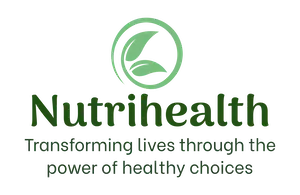
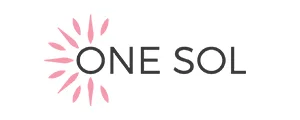
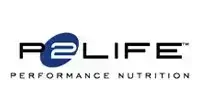
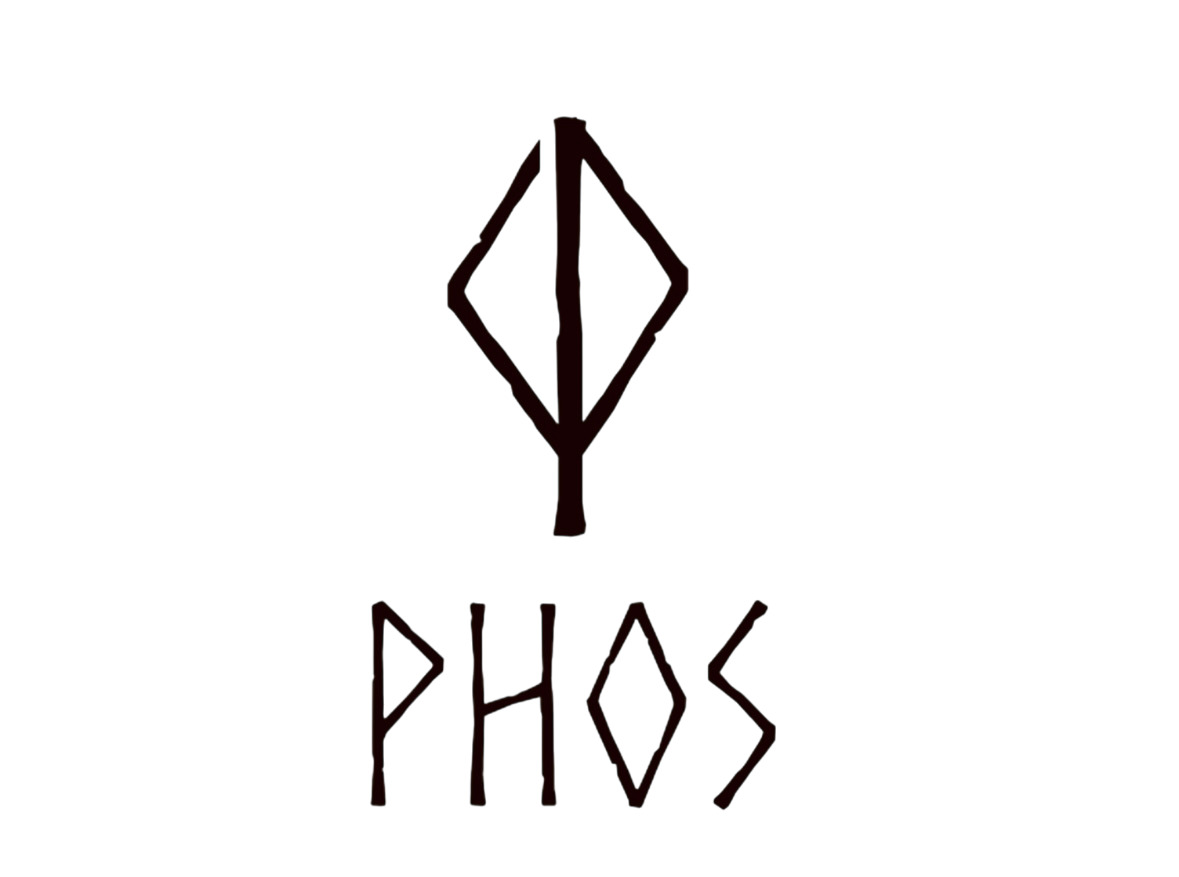
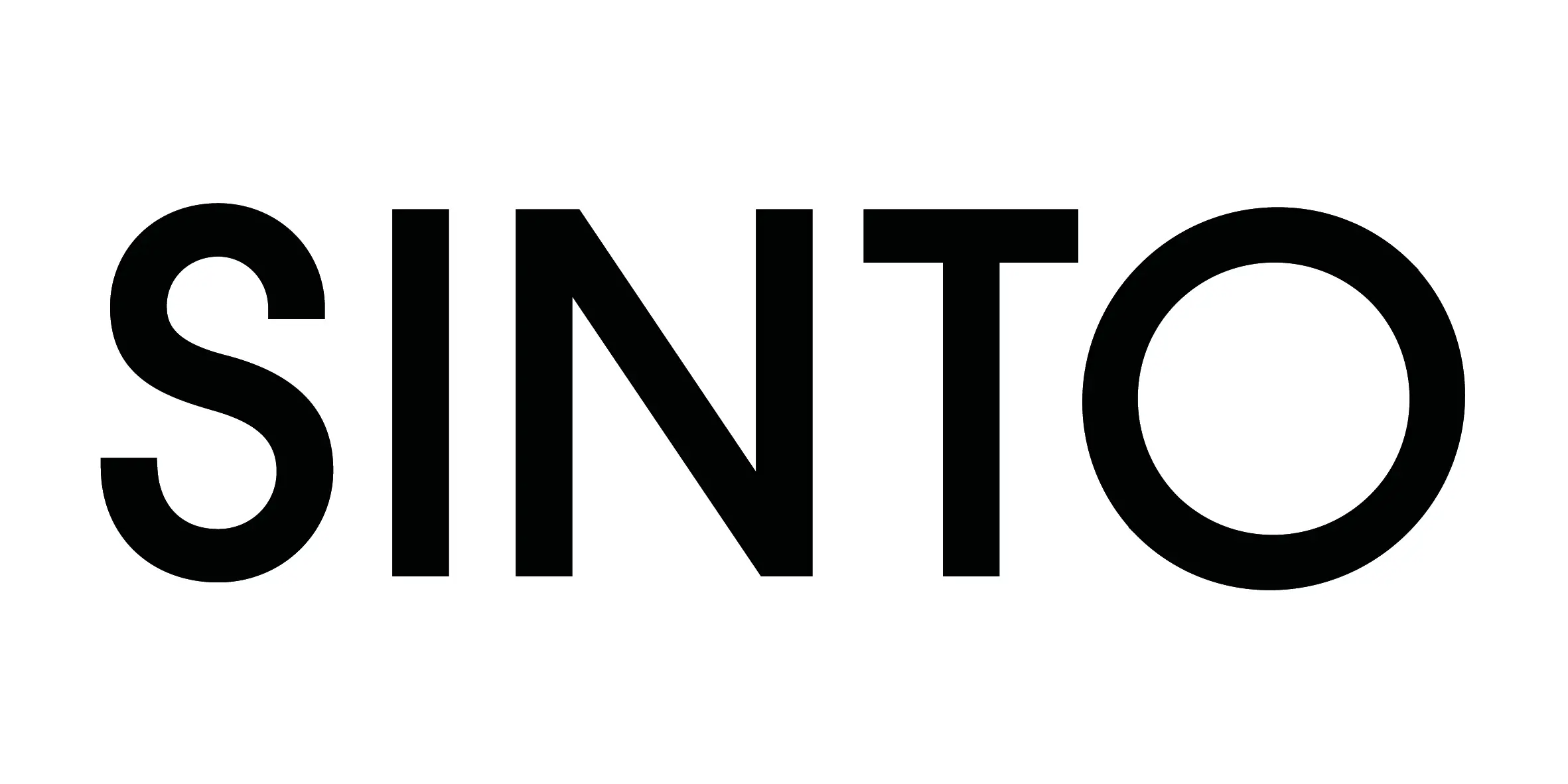
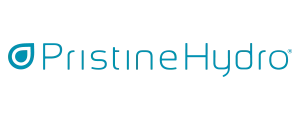

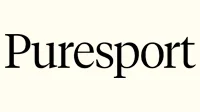
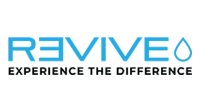


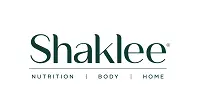

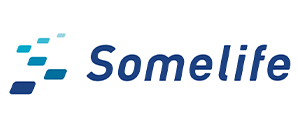
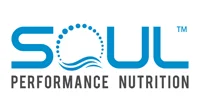
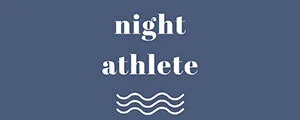
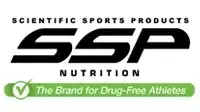

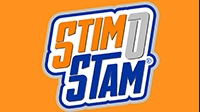
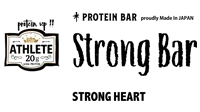
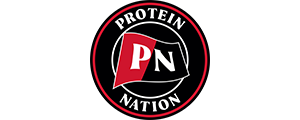


.png)

